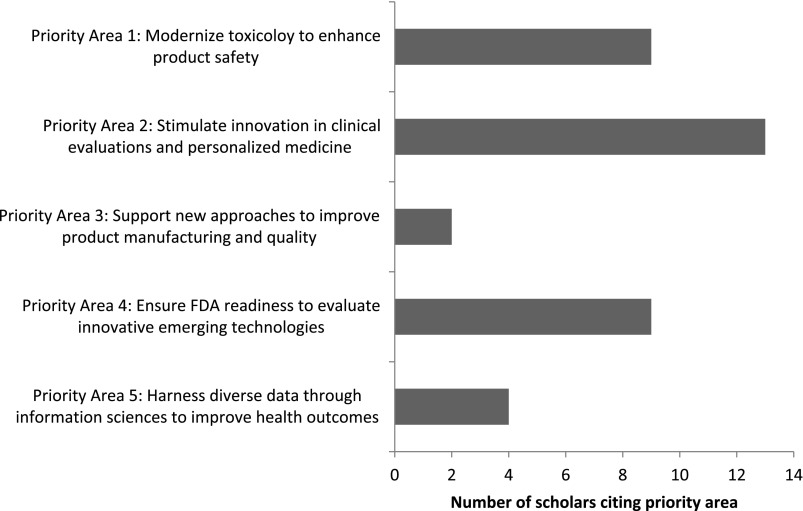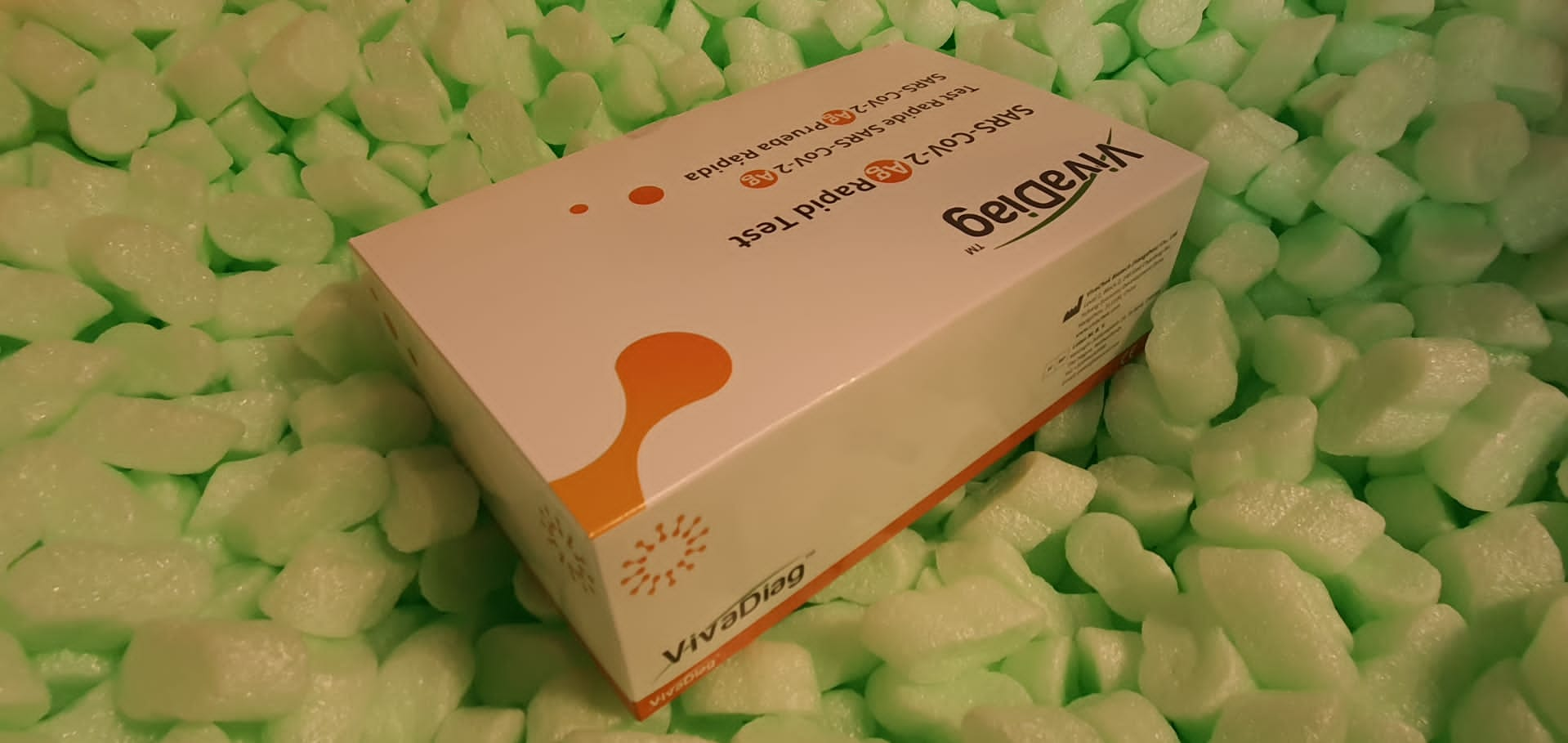Translating innovation in biomedical research: Design and delivery of a competency-based regulatory science course.
As the tempo of biomedical innovation quickly evolves, there’s a want to coach researchers to know regulatory science challenges related to medical translation.
We describe a pilot course aimed toward addressing this want delivered collectively by means of the Mayo Clinic Center for Clinical and Translational Science and the Yale-Mayo Center for Excellence in Regulatory Science and Innovation.
Course design was knowledgeable by the Association for Clinical and Translational Science’s Regulatory Science Working Group’s competencies. The course used didactic, case-, and problem-based studying classes to show college students to regulatory science ideas.
Course analysis targeted on scholar satisfaction and studying. A complete of 25 college students enrolled in the primary two course deliveries. Students represented a number of disciplines and profession phases, from predoctoral to college.
Students reported studying “an unbelievable quantity” (7/19, 36.8%) or “a lot” (9/19, 47.4%); this was mirrored in particular person coursework and their course evaluations. Qualitative suggestions indicated that assignments that challenged them to use the content material to their very own analysis have been appreciated.
The heterogeneity of college students enrolled, coupled with assessments and course evaluations, helps the assertion that there’s a rising want and need for regulatory science-focused curricula. Future analysis will decide the long-term influence.

Translating innovation in biomedical analysis: Design and delivery of a competency-based regulatory science course.
Center of Biomedical Research Excellence in Matrix Biology: Building Research Infrastructure, Supporting Young Researchers, and Fostering Collaboration.
The Center of Biomedical Research Excellence in Matrix Biology strives to enhance our understanding of extracellular matrix at molecular, mobile, tissue, and organismal ranges to generate new information about pathophysiology, regular growth, and regenerative medication. The major objectives of the Center are to
i) assist junior investigators, ii) improve the productiveness of established scientists, iii) facilitate collaboration between each junior and established researchers, and iv) construct biomedical analysis infrastructure that may assist analysis related to cell-matrix interactions in illness development, tissue restore and regeneration, and v) present entry to instrumentation and technical assist.
A Pilot Project program supplies funding to investigators who suggest making use of their experience to matrix biology questions. Support from the National Institute of General Medical Sciences on the National Institutes of Health that established the Center of Biomedical Research Excellence in Matrix Biology has considerably enhanced the infrastructure and the capabilities of researchers at Boise State University, resulting in new approaches that tackle illness prognosis, prevention, and remedy.
New multidisciplinary collaborations have been shaped with investigators who could not have beforehand thought of how their biomedical analysis applications addressed basic and utilized questions involving the extracellular matrix. Collaborations with the broader matrix biology group are inspired.



